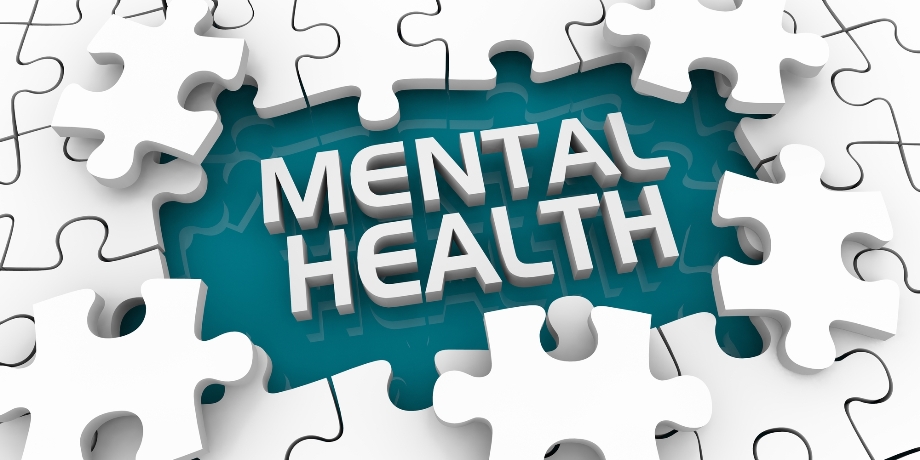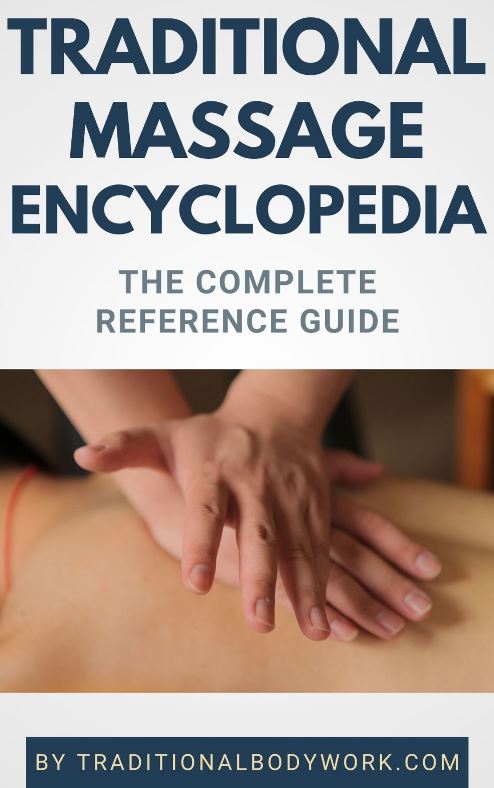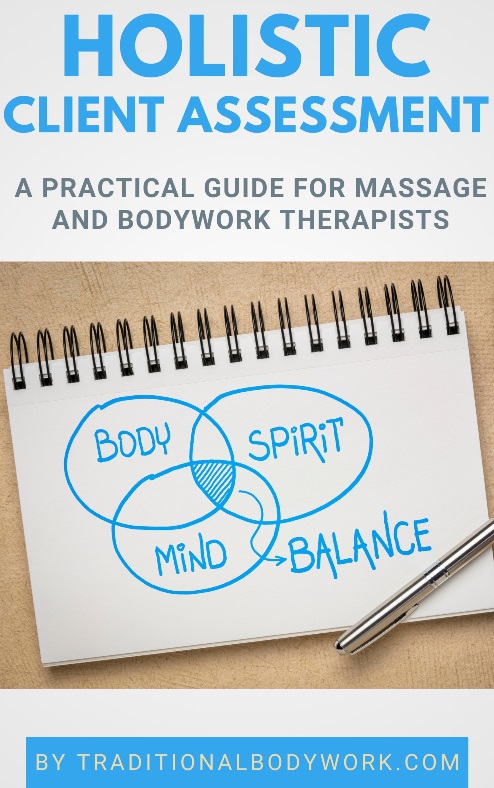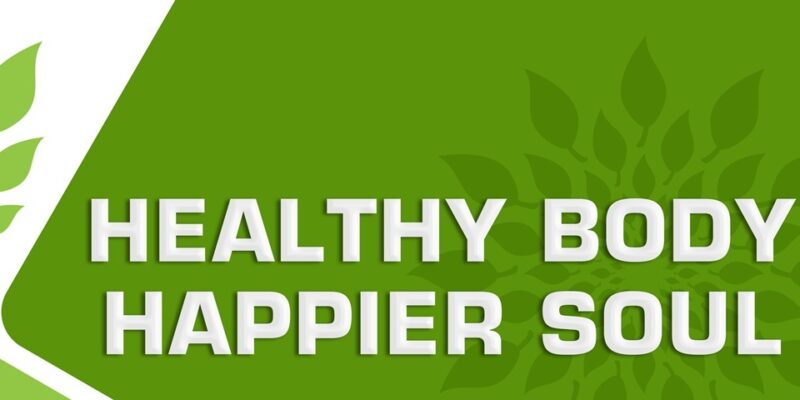
Regardless of how many technical skills, diplomas you have, or what life experience you have, if your mental health is not in order, then you will not be able to achieve your goals or enjoy what you have achieved.
Many prosperous countries and profitable companies prioritize the mental health of their employees much more than any other indicators. Because a lot of research shows the more mentally stable you are, the more value you will bring to the company or to the culture.
And, of course, there are a huge number of books, programs, podcasts, and videos about mental health, but today we want to talk about such a specific thing: how writing helps mental health and what methods you can use today for free to improve your mental state.
If you are mostly concentrating on other types of writing — high-school or college academic writing — for now, and how to save your mental health by submitting papers on time, we have a solution as well. Address WriteMyPaperHub, a reliable service for assistance with whatever difficult papers you have to be written timely. You don’t have to handle this stress alone — there are proven experts who can share this burden.
The Therapeutic Power of Writing
Before we dive into the different ways of therapeutic writing, we want to say that letters are healing in themselves — both reading and writing. Mental health is especially helpful if it is reading or writing using real media rather than digital media. Therefore, whenever you have the opportunity to read a real book, or take notes, even if it is very simple material, be sure to do it.
Now let’s move on to what therapeutic writing is. Therapeutic writing refers to certain practices that help tune your mental health and your emotional state to the right wavelength. There are several options for therapeutic writing. The main three are expressive writing, journaling and free writing.
Expressive writing is a powerful therapeutic format that allows people to describe some kind of traumatic experience with maximum “I”- position and express their emotions about it. Very often, in the process of expressive writing, people remember some details of the traumatic event that did not allow them to cope with this trauma. Journaling is a good way to see your life in retrospect and record important moments.
Which Mental Problems Writing Can be Helpful for
One of the significant signs of problems with mental health is dissociation from the world, from people, from the current situation, from oneself. And in this case, journaling is one of the proven ways to return to reality and realize oneself as a part of this reality. Even if you write down some very simple everyday things, this will already help you quite a lot.
And the third popular format is free writing. It is very typically used for such mental exercises as morning pages. This is when you wake up and the first thing you do for 15–20 minutes is to write everything that comes to your mind. These can be completely everyday notes, for example, about how you don’t want to get up and go to work.
Some people write down their dreams, others think about the day ahead. Many people say that even if they start with something every day and simple, then they somehow automatically move on to what excites them. And this helps to understand yourself and relieve anxiety.
Writing as a Form of Self-Expression
One of the reasons why writing helps so much with mental health is because it helps with self-expression. Even adults and successful people find it quite difficult to express themselves freely throughout the day. You can read a lot about self-expression from Brené Brown. And even she admits that one way to be yourself is through writing.
When you’re alone with a laptop or notebook, you can really say what you think about a situation. Many people insist that it often helps even better than talking to a psychologist, because they are not afraid that someone will judge them for what they write.
There are also a lot of prompts on the Internet that you can use to write off some traumatic situation, or just some difficult situation for you that happened during the day, or which help journal your life better. All of this is available for free and can greatly improve your life.
Practical Tips to Get Started with Writing for Mental Health
As with any new activity, we recommend a gradual approach to this activity. You don’t need to decide that from tomorrow you will be a different person and will start doing at the same time free writing, morning pages and writing gratitude journal or mindfulness practices written from the Internet.
Choose one simple action that can easily be tied to the action you are already doing. For example, if you drink coffee in the morning, you can put a notebook on the kitchen table and combine these two activities, that is, make notes about how your previous day went. As soon as you get used to doing some very simple and short action and don’t miss it, then you can start doing something more time-consuming and conscious.
For many people, morning pages are a great place to start because they are a great way to start the day while you’re still in bed. This way, you do something useful before you brush your teeth, but it’s something that doesn’t stress you out too much. You don’t need to invest a lot of money into it.
Writing for Mental Health Should Not be Pricey
Don’t buy self-reflection journals you find on Amazon. If you still want to get some prompts, then either download them online, or buy one such notebook. And don’t buy a new one until you have completed this one at least halfway.
Consistency is the basis of any mental health activity, even the smallest one. Simple things like writing practices, walks in the fresh air, the amount of clean water you drink during the day are more important than expensive psychological training, or even reading books on psychology. Because reading is only about getting information, while basic actions give immediate direct results in improving your mental health.
We hope this article was useful, and in 2024 you will apply mental health practices.

















